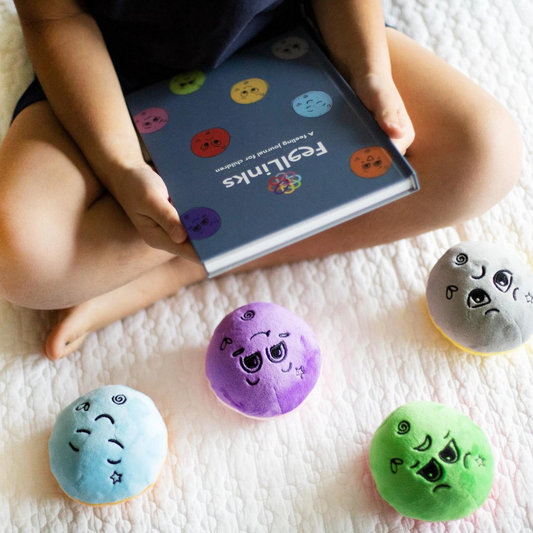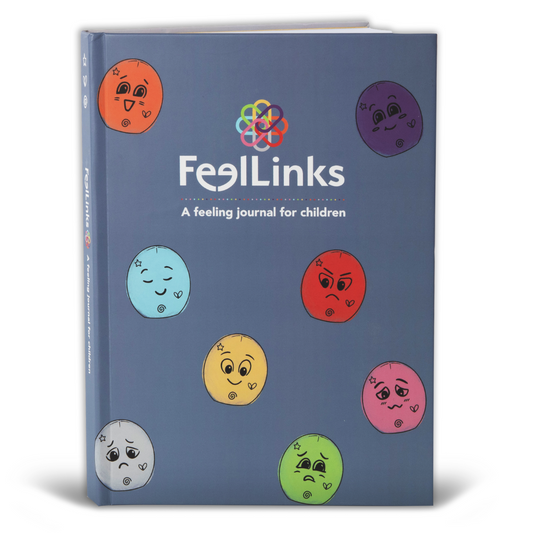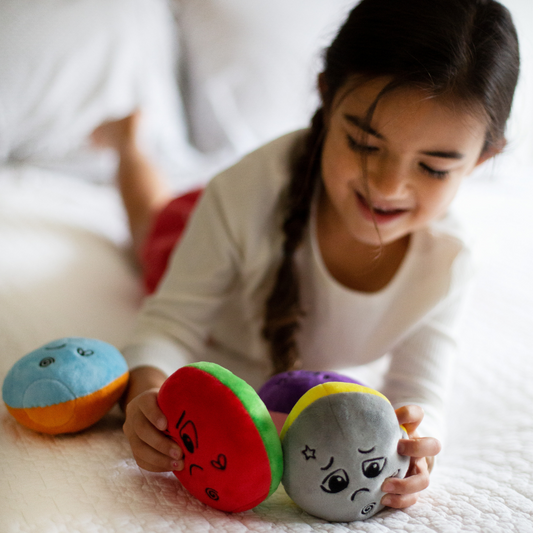Repairing and Restoring Connection With Your Child After Conflict: Why it's essential
Share

When conflict arises and feelings get hurt, repair is essential to restoring trust and connection. This is extremely important to do with our children. When we repair after conflict with our children, we create a more trusting and peaceful environment in our home. All parties involved feel more confident in knowing that connection can be restored, and that trust, safety and respect are important to your family values. This helps to lessen defensive and reactive behavior and supports us and our children to feel more secure and safe.
"It is easier to build up a child than to repair a broken man [woman or person]. Choose your words wisely." – Frederick Douglass
Conflict often arises due to differences in what one person’s wants or needs are, versus another’s. It is quite typical for families to have conflict between a child and parent due to these differences. As parents, it is our responsibility to respond rather than react to our children. In order to be successful at this, we need to be able to manage our tough emotions, keep calm, listen, let them express their own opinions, show empathy, respect, and give them agency (choice) when appropriate.
When a parent and child experience conflict, and a parent’s difficult emotions get the best of them, it can trigger a child to feel stressed, sad, overwhelmed, nervous, frustrated, angry, frightened, and other tough emotions. This is when it’s imperative to repair – otherwise the child may resent their parent, have difficulties opening up, feel stress and frustration more often, have trouble learning or building relationships with others. Repair that begins in the home, will carry over to your child’s life in relationships throughout childhood and on through adulthood.
As parents, it can be difficult for us to repair when we are still feeling tough emotions. Take time to manage your heightened emotions, use regulation strategies that work best for you. Maybe you need to take a walk, have some time alone, listen to music, or write in your journal. Whatever it may be, self-regulation will bring you back to calm so that repair is possible. Your child will also need to be in a calm place. We cannot repair and problem solve until we reestablish connection.
“Your children will become what you are; so be what you want them to be.” – David Bly
Apologies in our home have always followed a similar pattern: “I am sorry for…” and explain what action we had that contributed to the conflict. We don’t want to place blame by using the “but, you…” in our apology. After an apology, the other person can say something like, “I accept your apology, please don’t …” We stay away from saying “it’s okay,” because whatever occurred that contributed to the conflict, caused big emotions and it was not “okay” for anyone involved. All feelings are okay, but not all behaviors are okay.
When we repair with our child after conflict:
- Children understand that repair is possible.
- Children feel heard.
- Children feel they are able to have a differing opinion than you or someone else.
- Children are able to express their feelings and understand that they are valid.
- Children understand that they can endure a misunderstanding, reconnect and move on.
- Children learn how to repair with you and others.
Making amends cultivates resilience in our children. They are better able to bounce back from difficult situations, resolve conflict, and take responsibility for their actions. These are healthy coping skills that will serve them in childhood, adolescents, and adulthood. If children learn repair and reconnecting in their own homes, they will understand how to repair with friends, coworkers, partners, and others, through their life. Make repair a priority after challenging times.
With Gratitude,
xo - Marcelle
"Children learn more from what you are than what you teach." ― W.E.B. DuBois





